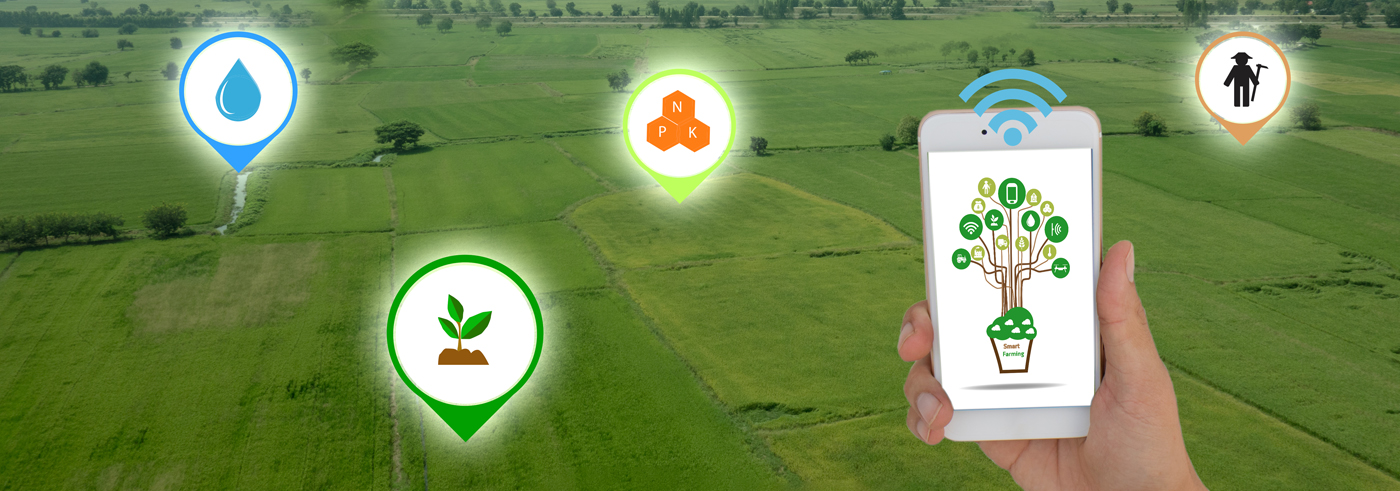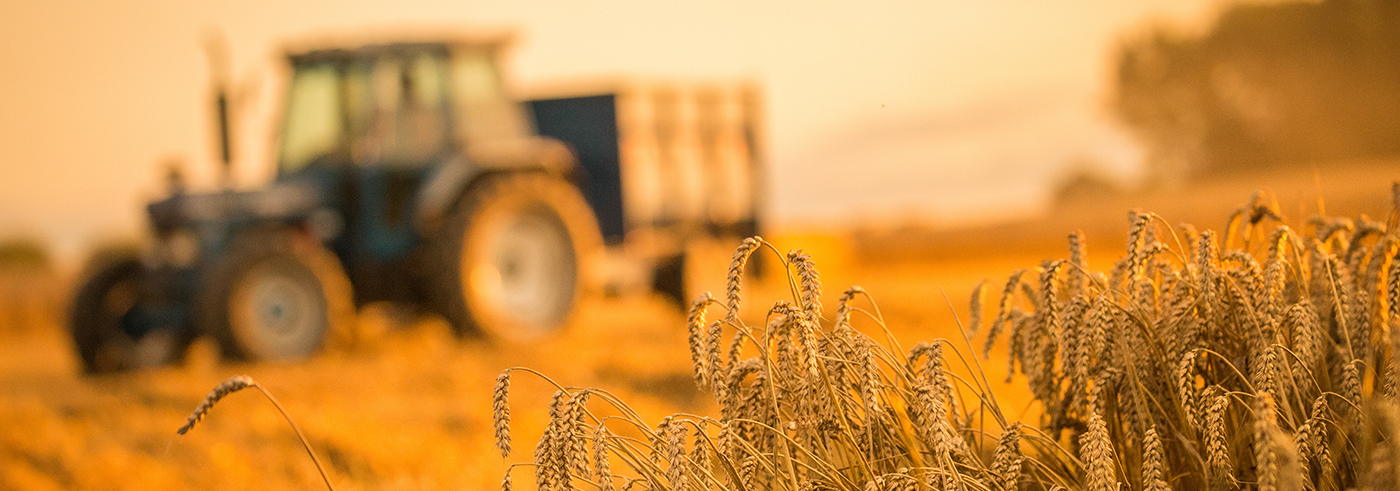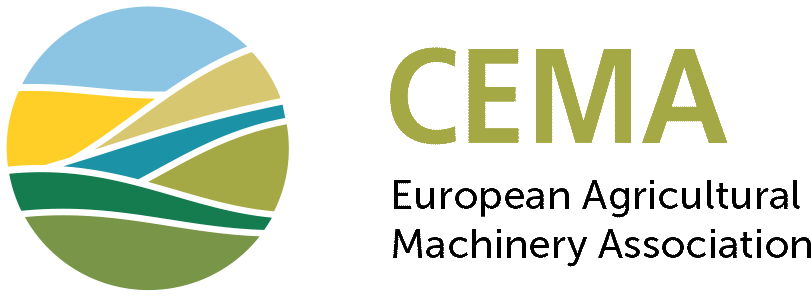Priorities

To advance agricultural machinery and solutions for sustainable farming, CEMA focuses on a number of priorities. Agriculture 4.0 and Smart Farm Machines are drivers for efficiency and competitiveness in modern sustainable farming. EU Regulations must however be appropriate, harmonizing the rules without burdening the sector with excessive administrative and technical requirements. Through the participation to selected EU projects and initiatives, our industry contributes to innovation in the agri-food chain. The European farm equipment industry is a leading technology provider for farmers worldwide and is part of the solution to feed a growing world population.

Greater sustainability and environmental protection

Economic benefits

Higher productivity

Agriculture 4.0
Precision Farming and Digital Agriculture are the building blocks to shape the present and future of European Farming. Access to smart farming technologies, agricultural data management and the improvement of farming techniques are core issues in which the European farm equipment industry is leading the way. Industry’s views on the CAP post-2020 and data-sharing in agriculture will outline how to move into a more modern, greener and sustainable agriculture in EU.

Benefits of Smart Farm Machines
Modern farm machines are seen as a main driver for increased sustainability, efficiency and competitiveness in farming nowadays. Smart technologies, developed by the industry, have proven to reduce the impact of farming practices in EU agriculture. The European agricultural machinery industry is fully committed to produce machines that on top of being the main working tools for the farming community, can help in solving environmental challenges while increasing productivity and bringing economic benefits for all actors involved. The key words for the industry are fast, accurate, versatile and intelligent. Crucial actions to achieve the expected results involve measuring, transferring and receiving, analysing, and acting accordingly.

Better EU Regulation
Producing safe and increasingly performant smart farm machines it is at the core of the European agricultural machinery industry. EU product legislation, and the harmonisation it brings, is highly appreciated by the industry. For the agricultural machinery sector, however, “Better Regulation” means appropriateness, in terms of conformity procedures, tests and reporting.
Appropriate administrative and technical requirements ensure that the sector continues to have the necessary freedom to innovate, despite the many types and low volumes. Farm machinery are not cars but, effectively, investment tools for farmers and should be treated as such.

Innovation
Innovation in the agri-food sector is a central priority in the European Research and Innovation agenda. Flagship programmes such as Horizon Europe, the Digital Europe Programme, and the European Innovation Partnership for Agricultural Productivity and Sustainability (EIP-AGRI) play a key role in fostering sustainable and resilient farming.
As a technology leader, the agricultural machinery industry contributes to EU R&I projects and pan-European initiatives, advancing precision and digital farming, automation, data-driven agriculture, and alternative energy solutions. The sector bridges academic research, practical farming, and the evolving needs of farmers ensuring that innovations are scalable, practical, and aligned with EU sustainability goals.
Through strategic partnerships and cross-sector collaboration, the industry gains valuable insight into the diverse agricultural contexts, helping deliver tailored solutions for farms of all sizes across Europe and beyond. This dynamic exchange between research, industry, and end-users enables the effective uptake of cutting-edge technologies, supporting the digital and green transitions set out in the Farm to Fork Strategy, the European Green Deal, and the Competitiveness Compass.

International
The world’s population is expected to reach 9.6 billion by 2050. This comes with the pressing need to keep pace in food production in a sustainable manner. The European Agricultural Industry is committed to providing the tools that can help in improving the timeliness of agricultural production operations, increasing the efficiency of input use and making agriculture more resilient to face unpredictable climatic events. With a special focus on supporting sustainable agricultural mechanization (SAM) strategies in developing areas, the farm equipment industry contributes to the achievements of the UN’s Sustainable Development Goals to: produce more with less, advance farming systems worldwide and maintain viable lively rural areas.

Trade & Investment
The European farm equipment industry remains a technology provider for farmers worldwide. Machines made in Europe meet state-of-the-art standards and reach the highest technological level. The industry is on the cutting edge of innovation and remains one of the most competitive sectors in the EU. To keep this top position, the European industry advocates to promote free trade agreements, reduce trade tariffs and limit export quotas while ensuring a level-playing field between machines produced outside and within Europe.
CEMA’s action on trade at the European level is guided by the following principles:
- Promotion of free trade and technical harmonization
- Promotion of a strong WTO and dispute-settlement mechanisms
- Reduction of non-tariff (technical) barriers to trade
- Opposition to localisation requirements, quotas, protective rules of origin or safeguard measures
- Reciprocal market access and level-playing field in Europe
